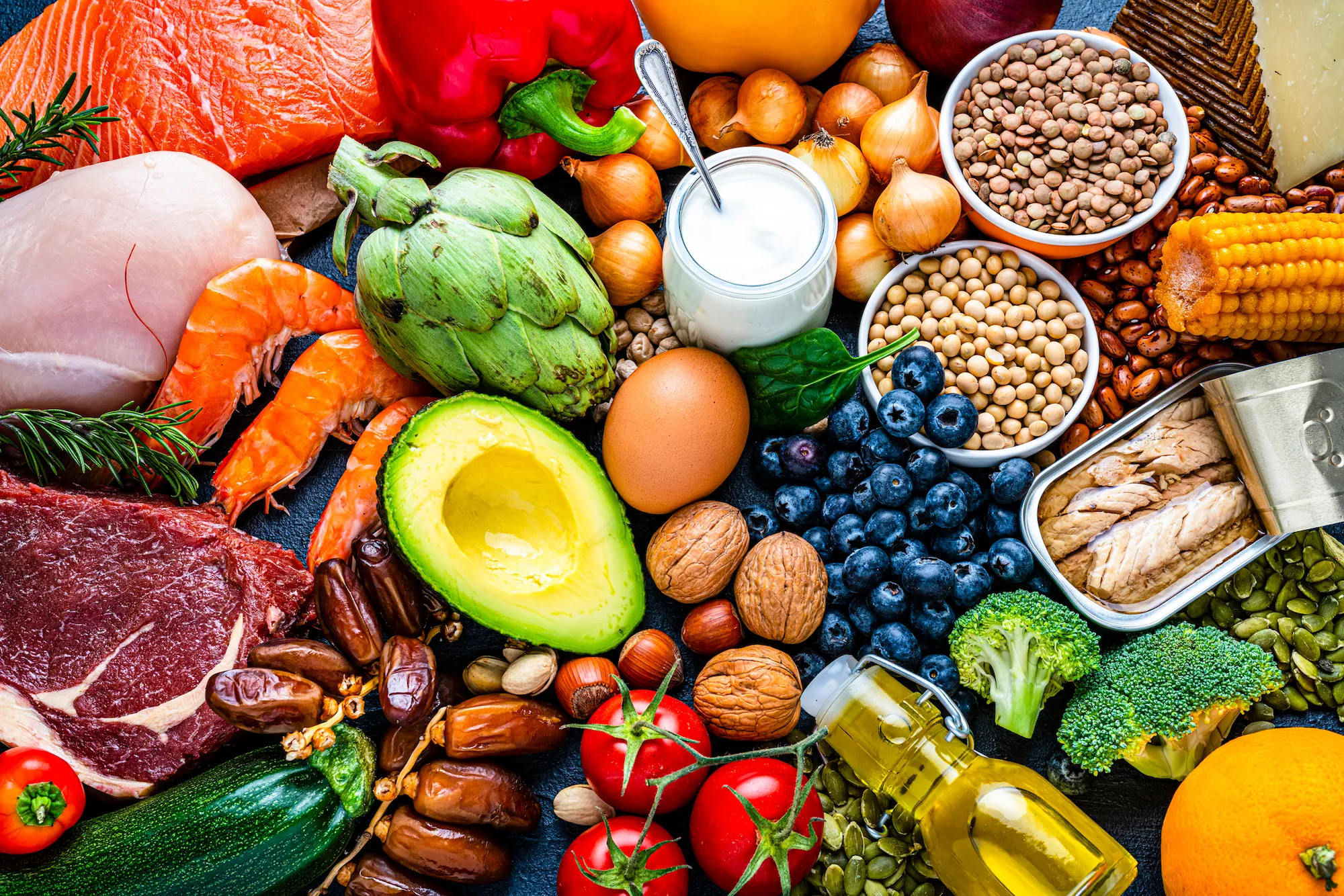Portion control is essential for maintaining a healthy weight, preventing overeating, and promoting overall well-being. Here are some reasons why portion control is important:
- Weight management: Portion control helps prevent excessive calorie intake, which is a major contributor to weight gain and obesity. By being mindful of portion sizes, you can create a balance between calorie intake and expenditure, supporting weight management goals.
- Balanced nutrition: Controlling portion sizes allows for a more balanced and varied diet. It ensures that you consume adequate amounts of different food groups, including fruits, vegetables, whole grains, proteins, and healthy fats. This promotes optimal nutrient intake and prevents overconsumption of any particular food group.
- Digestive health: Large portion sizes can put a strain on the digestive system, leading to discomfort, bloating, and indigestion. By consuming appropriate portion sizes, the digestive system functions more efficiently, promoting healthy digestion and nutrient absorption.
- Blood sugar control: Oversized portions, especially of carbohydrates, can cause blood sugar spikes followed by crashes. By controlling portion sizes and balancing carbohydrates with protein, fiber, and healthy fats, you can maintain stable blood sugar levels and prevent energy crashes.
- Heart health: Overeating and consuming large portions of calorie-dense foods can contribute to heart disease risk factors such as high blood pressure, high cholesterol, and obesity. Portion control, in conjunction with a balanced diet, can support heart health by managing these risk factors.
- Mindful eating: Paying attention to portion sizes encourages a more mindful approach to eating. It allows you to focus on the taste, texture, and enjoyment of each bite. By slowing down and savoring your food, you may feel more satisfied with smaller portions and be less likely to overconsume.
- Energy levels and performance: Eating appropriately sized portions provides the energy needed for daily activities. By consuming balanced meals with controlled portion sizes, you can maintain optimal energy levels and promote better performance throughout the day.
- Prevents food waste: Portion control helps minimize food waste. By serving the appropriate amount of food, you reduce the likelihood of leftovers being discarded, supporting sustainability efforts and reducing environmental impact.
Remember, portion sizes may vary based on individual factors such as age, sex, activity level, and specific dietary needs. It’s important to listen to your body’s hunger and fullness cues, choose nutrient-dense foods, and seek guidance from a healthcare professional or registered dietitian for personalized portion control recommendations.











